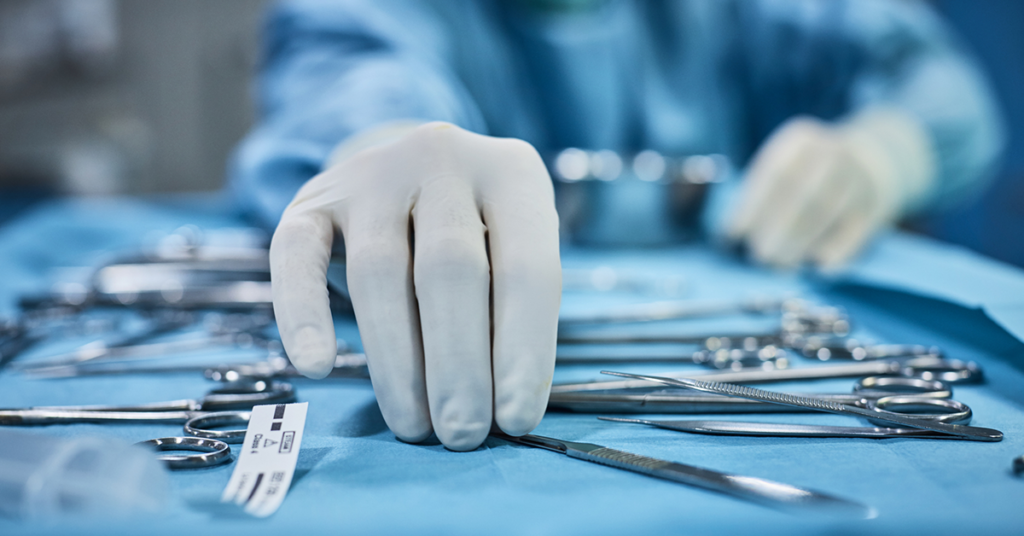Surgery

About Courses
Embark on an immersive exploration of surgical principles with our comprehensive Surgery Course. Delve into the intricacies of operative procedures, guided by expert instructors and cutting-edge educational resources. This course is a captivating journey into the art and science of surgery, offering a profound understanding of surgical techniques, patient care, and the advancements shaping the field.
Importance of Surgery: Surgery plays a pivotal role across various domains, significantly impacting healthcare and medical practice. Here’s a breakdown of its crucial significance:
Medical Practice:
- Precision Interventions: Surgeons rely on surgical expertise for precise interventions, addressing medical conditions with accuracy.
- Life-saving Procedures: Surgical procedures often prove crucial in saving lives, making it an indispensable aspect of medical practice.
Medical Education:
- Specialized Training: Surgery forms a specialized branch of medical education, equipping professionals with the skills needed for complex interventions.
- Clinical Expertise: Surgeons gain a solid foundation in anatomy, physiology, and pathology, enhancing their clinical decision-making abilities.
Research and Advancements:
- Innovations in Techniques: Advances in surgical techniques continually contribute to medical innovations, resulting in improved patient outcomes.
- Technological Integration: An understanding of surgical principles drives the integration of technology into surgical procedures, leading to groundbreaking advancements.
Patient Care:
- Postoperative Management: Healthcare professionals use surgical knowledge to manage postoperative care, ensuring optimal recovery for patients.
- Critical Decision Support: Informed by surgical insights, clinicians make critical decisions regarding treatment plans and patient well-being.
Biology and Allied Sciences:
- Study of Pathologies: Surgery offers insights into pathological conditions, contributing to a comprehensive understanding of diseases and their treatment.
- Intersection with Biomedical Research: Surgical research intersects with biomedical studies, fostering advancements in disease understanding and therapeutic approaches.
Physical Education and Athletics:
- Sports Medicine: Surgical principles aid in sports medicine, facilitating the treatment of injuries and enhancing performance through surgical interventions.
- Orthopedic Surgeries: Athletes benefit from orthopedic surgeries based on anatomical and biomechanical principles.
Forensic Sciences:
- Postmortem Examination: Forensic experts utilize surgical expertise in postmortem examinations to determine causes of death and gather evidence.
Art and Visualization:
- Surgical Illustration: Anatomical and surgical knowledge is crucial for creating accurate surgical illustrations and visualizations.
- Simulation and Training: Surgeons leverage anatomical understanding for the development of surgical simulations and training modules.
- Wound healing
- Neo adjuvant chemotherapy
- Post exposure prophylaxis for HIV
- Mechanism of coagulation
- Direct inguinal hernia
- Complications of appendectomy
- Deep vein thrombosis
- Varicose veins
- Management of open fractures
- Skin
- Head and Neck region
- Arteries
- Veins
- Breast
- Oesophagus
- Stomach and duodenum
- Small intestine
- Colon and rectum
- Appendix
- Acute abdomen
- Urology
- Key Learning Objectives:
- Participants will gain a profound understanding of surgical techniques, ranging from routine procedures to specialized interventions. The curriculum emphasizes the significance of surgery in medical practice, equipping learners with the knowledge needed for precise interventions and postoperative care. Additionally, the course delves into the intersection of surgery with research, technological advancements, and its crucial role in enhancing patient outcomes.
- Applications and Real-World Insights:
- Beyond theoretical knowledge, participants will explore the practical applications of surgical principles in various domains. From sports medicine to forensic sciences, the course provides insights into how surgical expertise intersects with different disciplines. Learners will also gain a comprehensive view of the integration of technology in surgery, the impact of surgical innovations on patient care, and the broader implications of surgical advancements in shaping the future of healthcare. Overall, the Surgery Course aims to empower participants with a multidimensional understanding of surgery, preparing them for a dynamic and impactful journey into the world of surgical practice and research.


